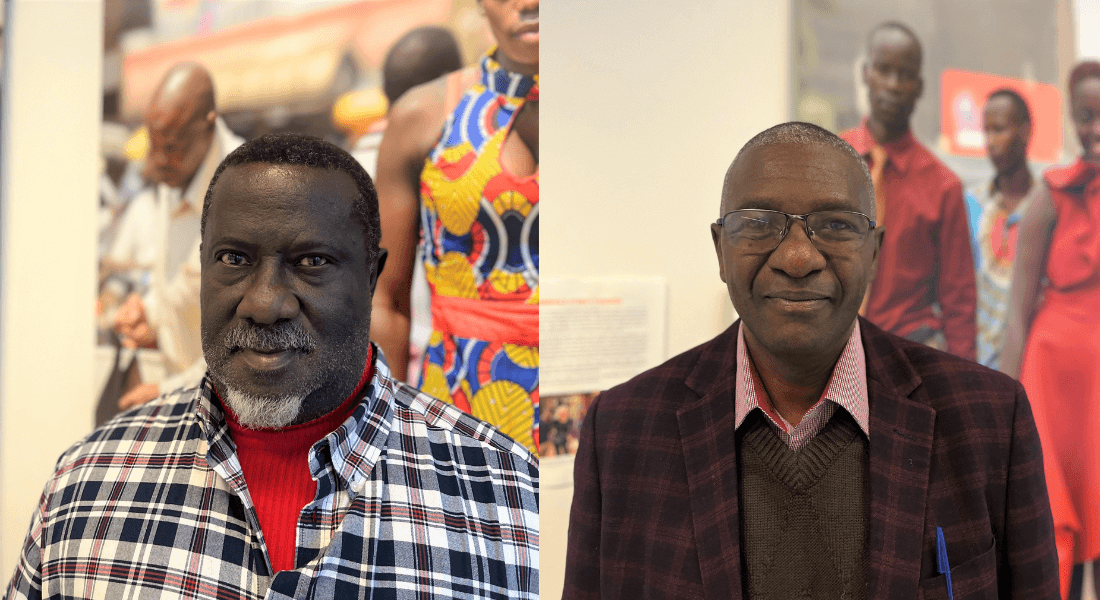Featuring CERTIZENS at Copenhagen University
Read about the public seminar featuring the research of CERTIZENS Dr Kojo Opoku Aidoo, and Dr Godfrey Asiimwe

On the 4 November 2022, the Centre of African Studies at the University of Copenhagen hosted a public seminar featuring the research of CERTIZENS Ghana Project Coordinator, Dr Kojo Opoku Aidoo, and CERTIZENS Uganda Project Coordinator, Dr Godfrey Asiimwe.
Dr Aidoo’s presentation focused on the question of ‘One State, Many Citizens’ within Ghana’s overlapping forms of ethnic and civic citizenship and their respective identification systems over time. Taking the case of the Asante and Denkyira, he discussed the relationship between personal and communal identities within these two ethnic groups, tracing their respective traditional forms of identification, and examining how these do or don’t relate to civic definitions of citizenship and contemporary political-statutory notions of 'who is Ghanaian'. As he noted, this has become more contentious in recent times, given the failure of the Ghanaian state to provide a clear-cut definition of who is Ghanaian, while simultaneously centralising all certification of national identity through the Ghana Card. Among other things, this is leading to challenges for Asante and Denkyira to access public services if they do not have a Ghana Card.
Dr Asiimwe presented on ‘Post-Independence Citizen Certification Regimes and their Impact on Banyarwanda in Uganda’. The Banyarwanda in Uganda are a diverse ethnic and linguistic group that have migrated into Uganda, mostly from Rwanda, at different times and for different reasons, mostly prompted by major political crises. The nature and timing of such migrations and forms of legal settlement (or not) need to be understood in relation to the specific political and social conjunctures within Uganda at each relevant historical moment. These in turn have been marked by their own histories of changing national registration systems. According to Dr Asiimwe, the majority of Banyarwanda remain vulnerable; their identities, livelihoods and rights are adversely impacted by the more recent reforms of the national certification regime in Uganda. Oftentimes, for Banyarwanda to access public services, they have to disguise their ethnic identity in an attempt to obtain an ID.
